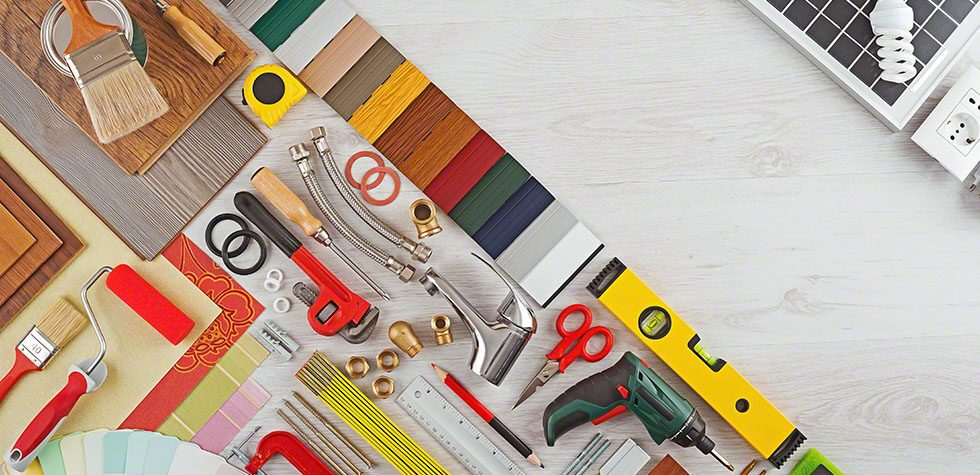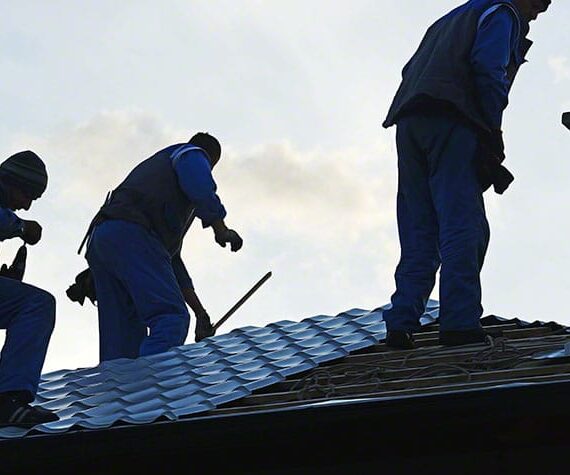Heat pumps are modern marvels in the world of home comfort systems. These devices not only keep our homes warm in the winter but also cool in the summer. With just one unit, you get the benefit of two systems. Therefore, it is a great time to have reliable HVAC companies install heat pumps in your house.
How Does a Heat Pump Work?
A heat pump is a device that helps your home stay warm during the winter and cool during the summer. Unlike separate heating and cooling systems, a heat pump can do both tasks by moving heat from one place to another. A heat pump works by transferring heat. In the colder months, it collects heat from the outside and transfers it inside to warm your home. During the warmer months, it takes heat from inside your home and moves it outside to cool the space.
Evaporator and Condenser Coils
The heat pump has two main components: the evaporator coil and the condenser coil. These coils play a crucial role in the transfer of heat. To warm your space, the evaporator coil located in the outside unit captures heat from the outdoor air. This heat is then transferred to a substance called a refrigerant.
The refrigerant carries the heat to the condenser coil inside your home. The condenser coil then releases this heat into your home, raising the indoor temperature. On hot days when you want to cool your home, the process is reversed. The indoor unit’s evaporator coil captures heat from your home, transfers it to the refrigerant, which then moves the heat to the outdoor unit’s condenser coil. The condenser coil releases the heat outside, lowering the indoor temperature.
Refrigerant
The refrigerant in a heat pump is a substance designed to transport heat efficiently. It has the ability to absorb heat when it’s in the evaporator coil and release it when it’s in the condenser coil. This continuous cycle of absorbing and releasing heat is what allows the heat pump to regulate the temperature in your home.
Why Are Heat Pumps Energy Efficient?
Traditional heating systems, like furnaces, burn fuel to produce heat. This process can sometimes lead to energy loss. On the other hand, heat pumps simply transfer heat without burning any fuel, making the process more efficient. As they move heat rather than generate it, they can provide up to 3 times more energy than the electricity they consume.
Cost Savings on Utility Bills
Given their energy efficiency, heat pumps can significantly reduce your electricity bills. While the initial investment might be higher compared to traditional systems, the monthly savings on utility costs will make up for it in the long run. It’s not uncommon for homeowners to see a reduction of up to 30-40% in their heating and cooling bills after installing a heat pump.
Eco-friendly Operation
In addition to cost savings, heat pumps are environmentally friendly. Their reduced energy consumption means fewer carbon emissions, which is beneficial for the environment. With growing concerns about climate change, switching to a heat pump can be a step towards reducing your carbon footprint.
Zoned Heating and Cooling
Modern heat pumps often come with zoned heating and cooling options. This means you can set different temperatures for different areas or rooms in your home. Not only does this provide personalized comfort, but it also ensures that no energy is wasted in heating or cooling areas of the house that aren’t in use.
Common problems with Heat pumps
Heat pumps have become an integral part of many households. They efficiently warm up our homes during the chilly winters and cool them down during the hot summers. But like all machines, heat pumps can face issues. Recognizing common problems and their causes can save homeowners time, money, and discomfort of heat pump repair Tyson’s Corner.
The Heat Pump Isn’t Heating or Cooling
One of the most noticeable issues homeowners face is when the heat pump doesn’t deliver the desired temperature. The culprit often lies in the thermostat. If not set correctly, the heat pump might not work as intended. Another reason could be low refrigerant levels, affecting the system’s ability to heat or cool.
The Constantly Running Heat Pump
A heat pump that’s always on is not just annoying; it also leads to higher electricity bills. This problem often arises due to a thermostat that’s not calibrated correctly. A leaky home, with drafts coming in through windows or doors, can also make the heat pump work overtime to maintain temperatures.
Heat Pump Makes Unusual Noises
It’s always alarming when our silent machines suddenly become noisy. If your heat pump starts to make grinding, humming, or buzzing noises, it usually indicates a mechanical issue. Loose parts, worn-out belts, or a malfunctioning fan can be some of the reasons behind these unusual sounds.
Icy Conditions During Winter
During winter, it’s not uncommon to see a layer of ice on the heat pump. However, if the entire unit gets encased in ice, there’s a problem. This issue often originates from malfunctioning defrost controls or a faulty thermostat. Low refrigerant levels can also make the coils too cold, leading to excessive icing.
How to Troubleshoot Common Heat Pump Problems?
Often, the root of the problem is the simplest thing we overlook. Start by examining your HVAC thermostat. Ensure you set it to the right mode, either heating or cooling, and check if the temperature settings align with your comfort needs. A misconfigured thermostat can prevent your heat pump from functioning correctly.
Ensure Power Flows to the Heat Pump
Sometimes the heat pump doesn’t turn on because there’s no power. Make sure the unit is plugged in and the circuit breakers are in the ‘ON’ position. It’s also a good idea to inspect any visible wires for signs of damage or wear, but always be cautious when dealing with electricity.
Evaluate the Air Filters
A blocked or dirty air filter can drastically reduce your heat pump’s efficiency. Inspect the air filters and clean or replace them if necessary. A clean filter allows the heat pump to breathe easier and function more efficiently.
Inspect the Outdoor Unit
Debris, leaves, or snow can obstruct the outdoor unit and hinder its performance. Clear away any obstructions and ensure there’s sufficient airflow around the unit. During winter, it’s also crucial to check for excessive ice buildup, which can cause the heat pump to malfunction.
Listen to the Sounds
Your heat pump should operate relatively quietly. If you hear unusual sounds like grinding or humming, it might indicate a problem. Such sounds can result from loose parts, a failing motor, or issues with the compressor.
Check Refrigerant Levels
Low refrigerant levels can affect your heat pump’s ability to heat or cool your home. If you suspect this is the issue, it’s best to call a professional. Handling refrigerants requires expertise and can be dangerous.
Conclusion
Heat pumps have changed the way we control our home’s climate. They efficiently manage both heating and cooling, making them a favorite among homeowners. Understanding how they work and being aware of potential problems can ensure they serve us well for years. Always remember, while troubleshooting can be helpful, sometimes it’s best to call in the heat pump repair services McLean. Safe and efficient heat pump operation means comfort all year round.


